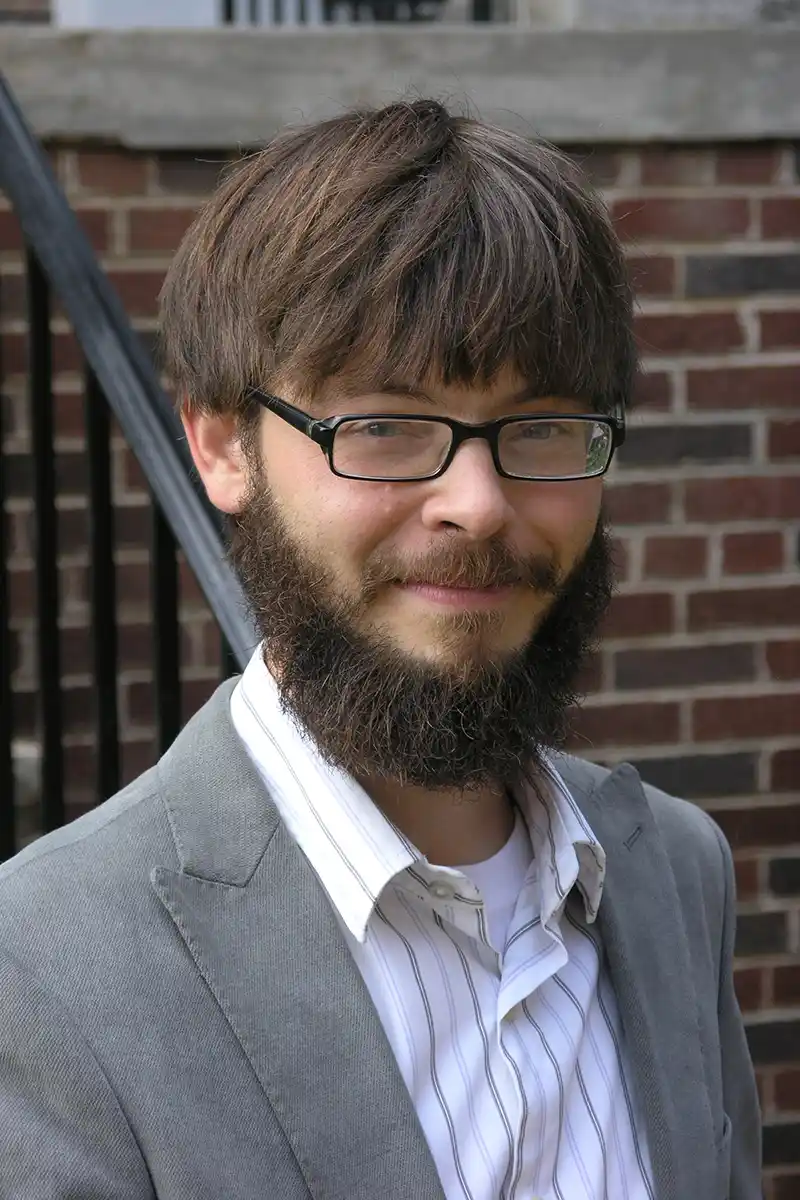Rhetoric, Writing & Linguistics
The English Department at the University of Tennessee, Knoxville, offers a BA, MA, and PhD in English with a Concentration in Rhetoric, Writing, and Linguistics (RWL). A dynamic and interdisciplinary course of study, RWL is part of the UT’s tradition of excellence in rhetoric and composition.
Undergraduate Studies in RWL
With its broad focus on the study of discourse, the RWL program offers undergraduate students the opportunity to apply the critical skills they learn as English majors to a wide range of academic, professional, and public settings. Through courses in rhetorical theory and criticism, argumentation, public, technical, legal, and online writing, linguistics, and language education, students explore how rhetorical actions develop within communities, cultures, workplaces, and classrooms; develop a critical consciousness of their own language use; and learn to communicate with diverse audiences in multiple contexts. In short, our students learn both how language works and how to use it.
The RWL faculty is committed to undergraduate education and helping students achieve both academic and professional success. Our graduates have gone on to careers in college and university teaching, law, medicine, professional writing, business, library science, political consulting, public relations, advertising, publishing, editing, consulting, grant writing, labor organizing, and non-profit management. If you are considering concentrating in RWL, we encourage you to contact us to discuss your academic and professional goals.
Graduate Studies in RWL
At both the MA and PhD levels, the concentration in RWL is designed to foster innovative and imaginative as well as rigorous scholarship and teaching. To that end, the core curriculum invites students to work across a broad range of RWL areas, including the history of rhetoric, theories of rhetoric and writing, critical theory, composition research and pedagogy, literacy studies, technical communication, applied linguistics, and second-language acquisition.
RWL students are also encouraged to explore multidisciplinary perspectives. Through coursework and directed research, students can make connections with other areas in English studies, including literary periods and genres, ethnic and national literatures (especially African American, American, and British literatures), feminist criticism, and literary theory. Further, RWL students can pursue cross-disciplinary interests that carry them into fields such as education, legal studies, political science, drama and performance studies, philosophy, history, and sociology. The Interdisciplinary Program in Linguistics has been directed by our faculty members, and graduate students may also draw on the resources of Marco Institute of Medieval and Renaissance Studies.
Beyond the classroom, RWL students at UT participate in a lively and supportive intellectual community. Along with coursework, RWL reading groups, guest speakers, and social events provide students and faculty with regular opportunities for formal and informal exchange. Faculty and students also work together through department-sponsored research assistantships and collaborative research projects.
Applied Linguistics and ESL
The strengths of linguistics in the Department of English lie in the areas of language and law, ESL, and sociolinguistics. Recent dissertations in linguistics/ESL in the English department have included qualitative research studies of second language graduate students’ initiation into disciplinary cultures and historical text analyses of methods and repercussions of teaching English to Native Americans from the mid 1800s to the end of the 20th century. Master’s theses have looked at issues such as writing center tutor response to ESL students. Job possibilities abroad and in higher education continue to be strong for graduates, particularly those with expertise in rhetoric and ESL. For more information, contact Tanita Saenkhum (tsaenkhum@utk.edu)
Within the RWL Concentration, graduate students have a range of professional opportunities in both teaching and research. All MA candidates, including those concentrating in RWL, receive pedagogical training and acquire teaching experience over the course the two-year Masters program. As first-year students, MAs work closely with experienced writing teachers and serve as participant observers in one first-year writing class. New MAs also work as tutors in the Writing Center, and they take English 505, the course that prepares students to serve as Graduate Teaching Assistants and to teach their own sections of First-Year Writing the following year. Doctoral candidates teach primarily in the First-Year Writing Program where they serve as Graduate Teaching Associates, teaching one or two courses per semester. All graduate students are invited to participate as presenters in the annual Fall Teaching Workshops (held the week before classes begin) and in the Stokely Conference on Teaching Writing, a workshop held at UT each summer for area K-12 writing teachers.

Jeff Ringer
Director of the Rhetoric, Writing & Linguistics Program